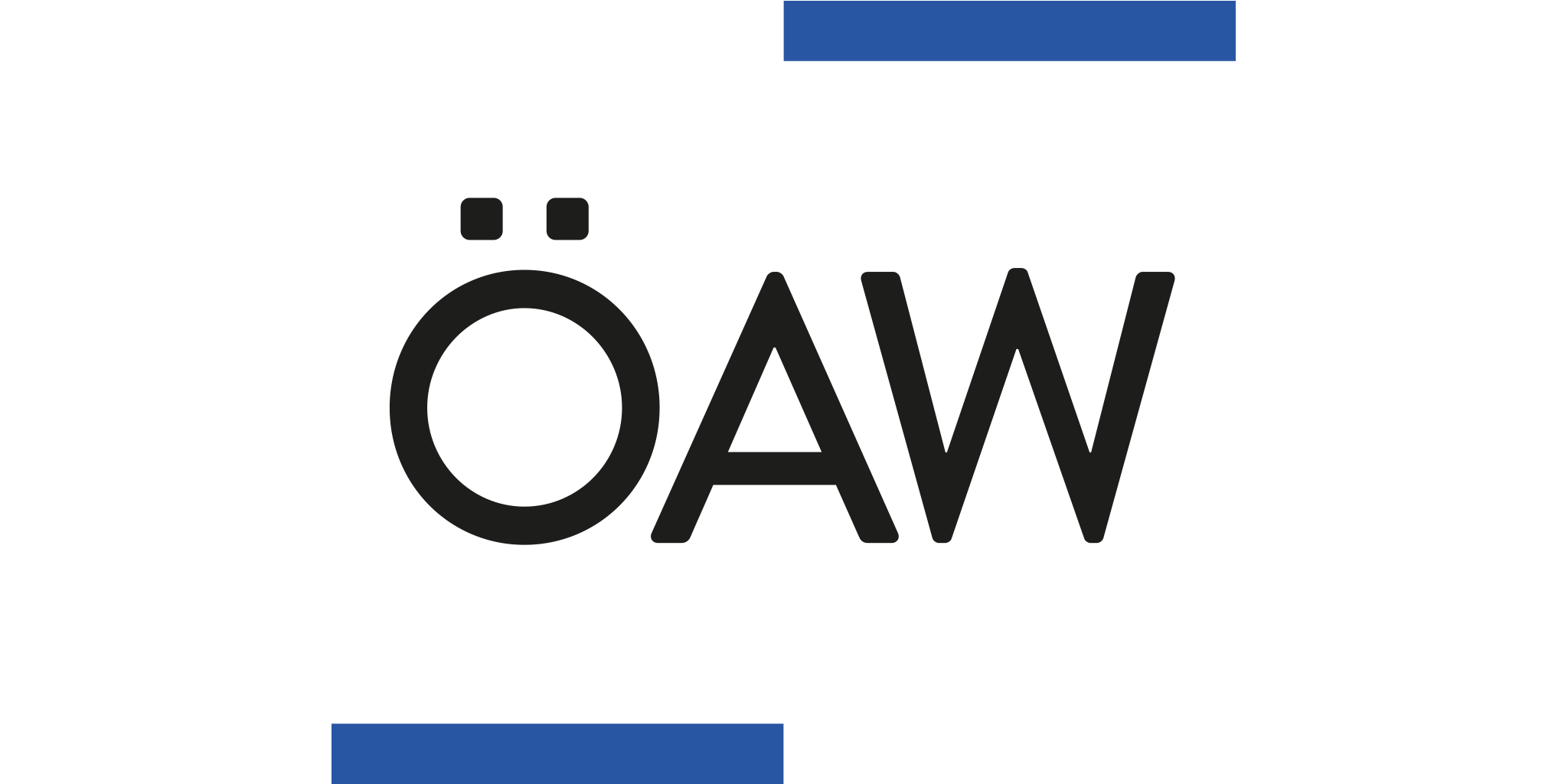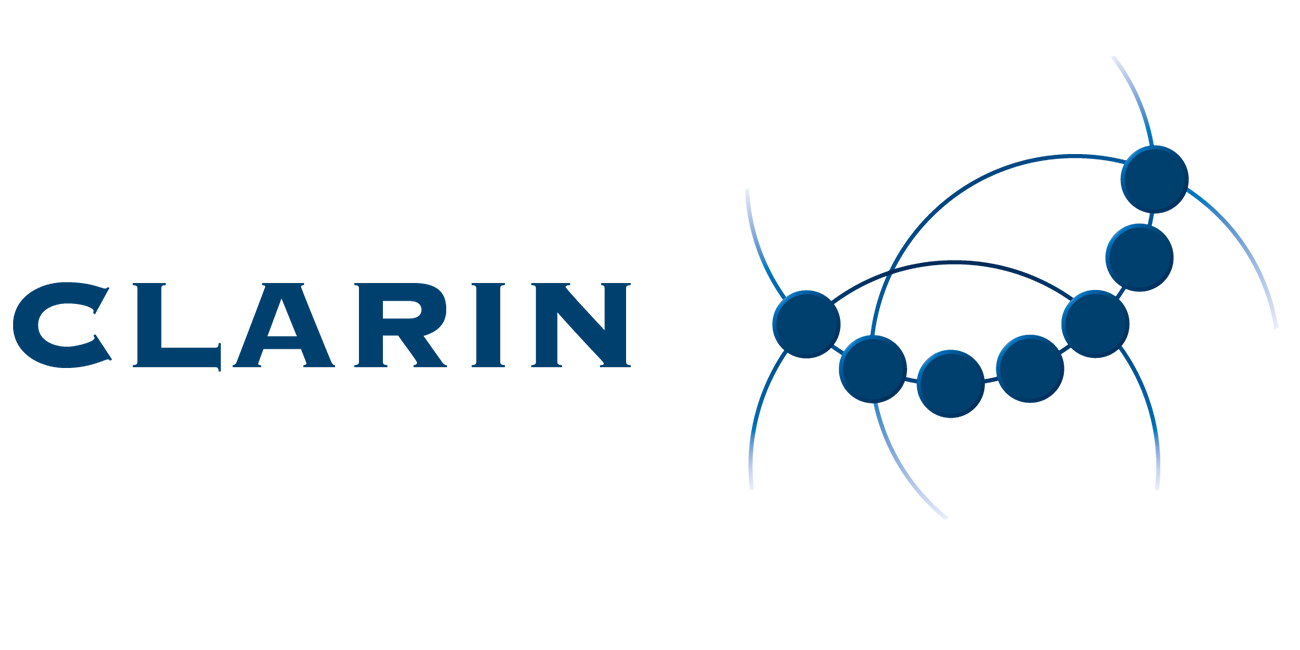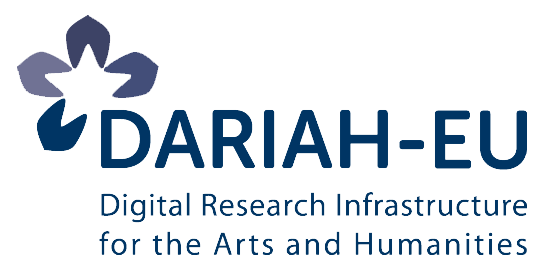ACDH Lecture 4.1
Vienna, 23 January 2018
What can Big Data Research Learn from the Humanities?
CC-BY 4.0, Sandra Lehecka
Jennifer Edmond
FAHSS, Trinity College Dublin, Ireland
What can Big Data Research Learn from the Humanities?
One of the major terminological forces driving ICT development today is that of ‘big data.’ While the phrase may sound inclusive and integrative, in fact, ‘big data’ approaches are highly selective, excluding, as they do, any input that cannot be effectively structured, represented, or, indeed, digitised. Data of this messy, dirty sort is precisely the kind that humanities and cultural researchers deal with best, however. In particular, knowledge creation and information management approaches from the humanities shed light on gaps such as: the manner in which data that are not digitised or shared become ‘hidden’ from aggregation systems; the fact that data are human created, and lack the objectivity often ascribed to the term; and the subtle ways in which data that are complex almost always become simplified before they can be aggregated. Humanities insight also exposes the problematic discursive strategies that big data research deploys, strategies that can be seen reflected not only in the research outputs of the field, but also in many of the urgent challenges our digitised society faces.

Jennifer Edmond is a research fellow at Trinity College Dublin and a long term member of the DARIAH-IE Steering Group. Trained as a scholar of German Literature, she has been working in the digital humanities since 2000. Her research interests include the practice of humanities research, the underlying processes that comprise it, and how it resists and incorporates strategies from other disciplines, such as collaborative, interdisciplinary and applied approaches. Her primary focus is on the impact of technology on humanities research, taking into account both an applied dimension and a more theoretical dimension. In recent years, she has been responsible for the coordination of the EU infrastructure project CENDARI, and participated in the Europeana Cloud project. She is also interested in what technology can enable within the study of cultural trauma and cultural identity, and in the potential for the development of new transnational scholarly communication paradigms regarding emotionally charged issues of history and cultural production.
ACDH Lectures are free and open to all. Registration closed.
Twitter Moment



Date
23 January 2018 – 17:15
Place
Austrian Academy of Sciences
Sonnenfelsgasse 19
Theatersaal
1010 Vienna
Contact











